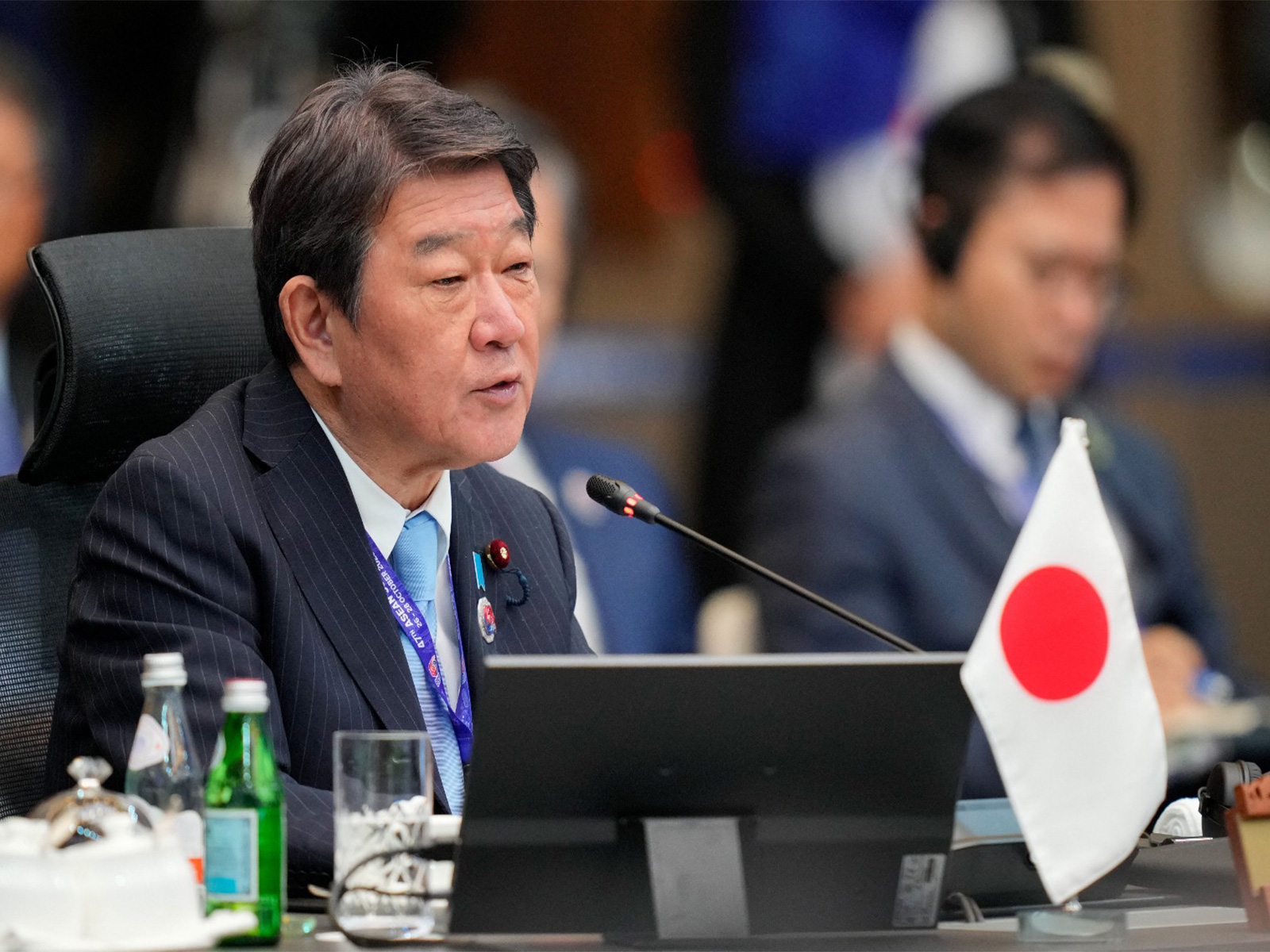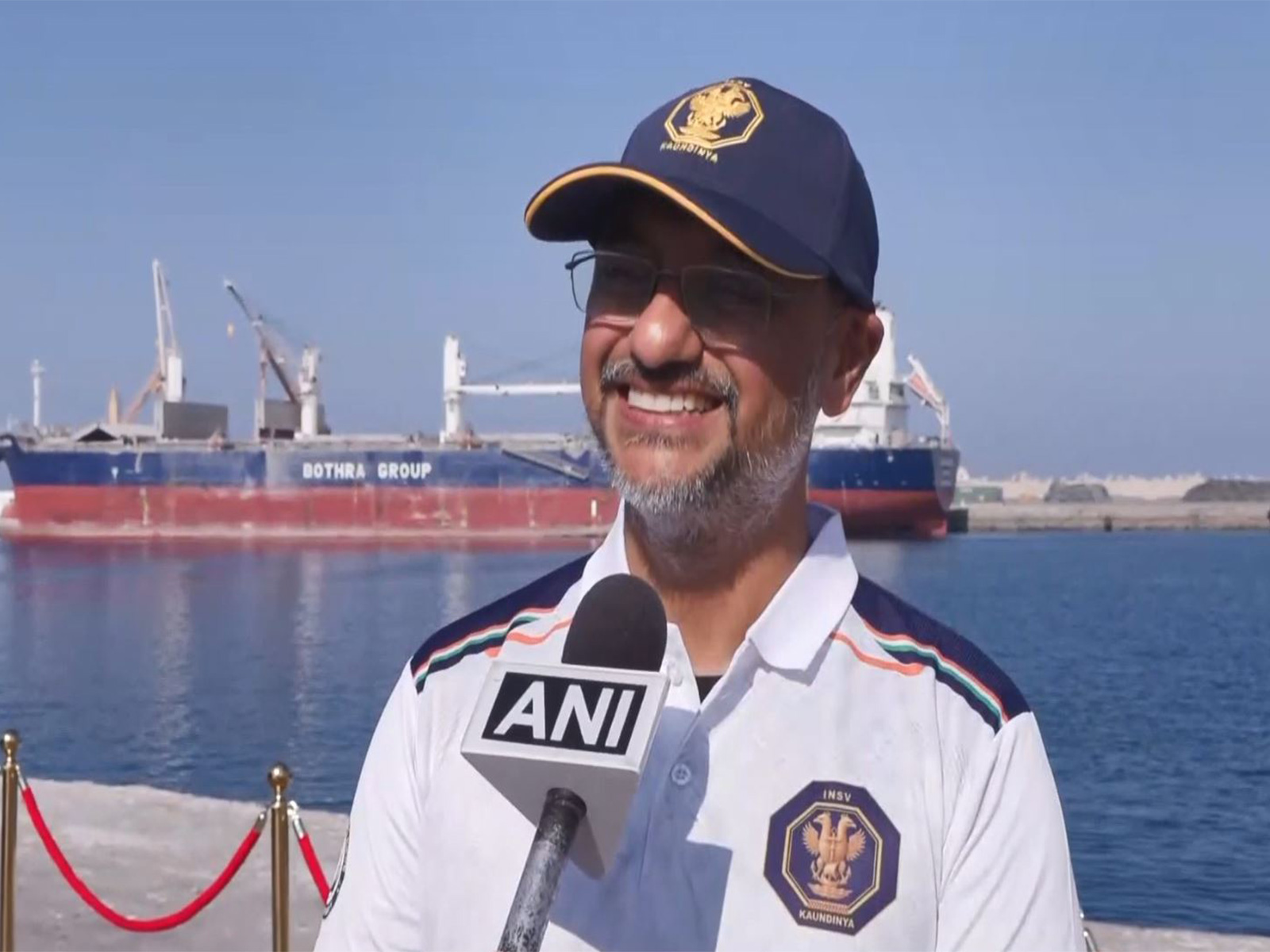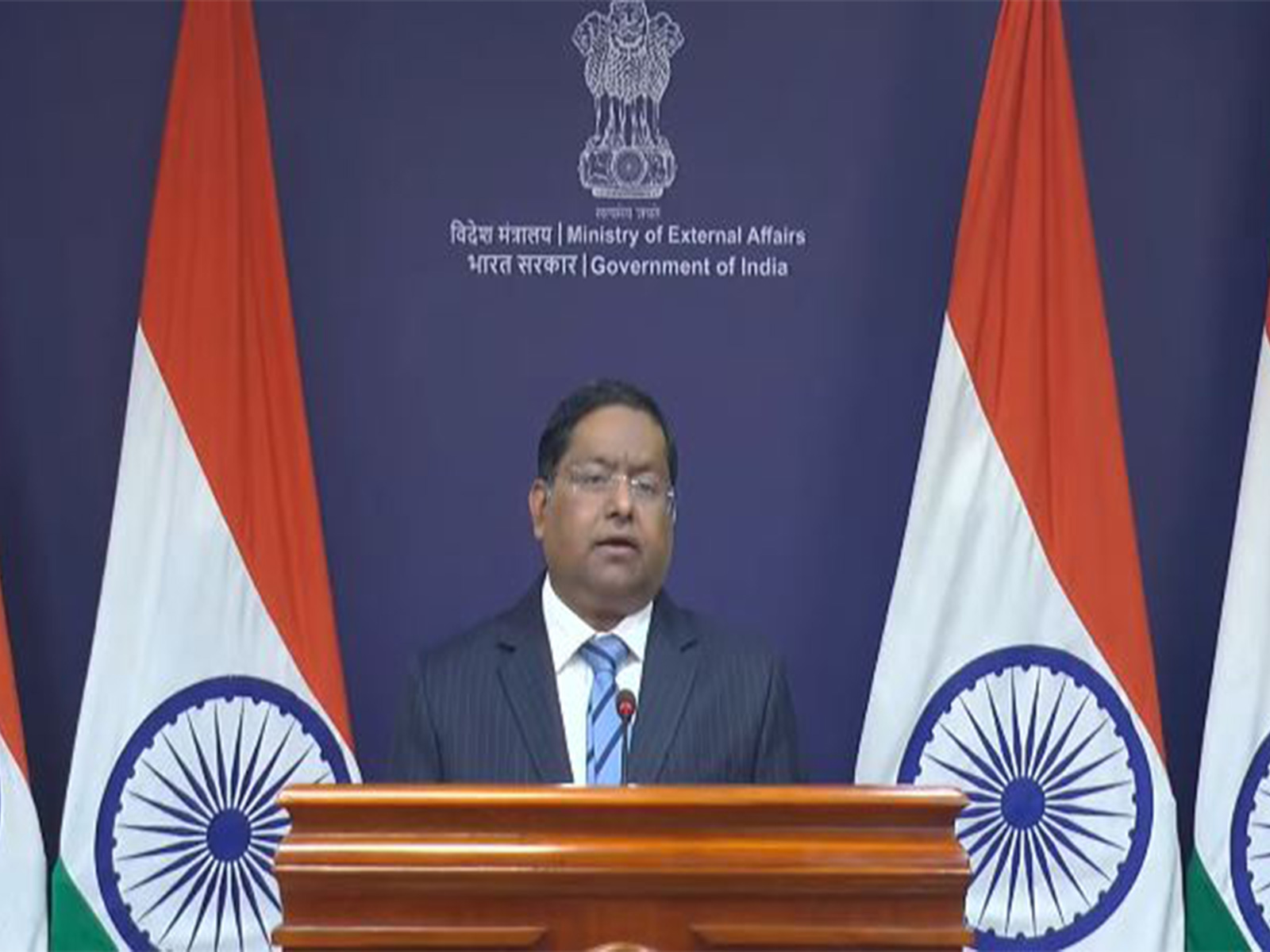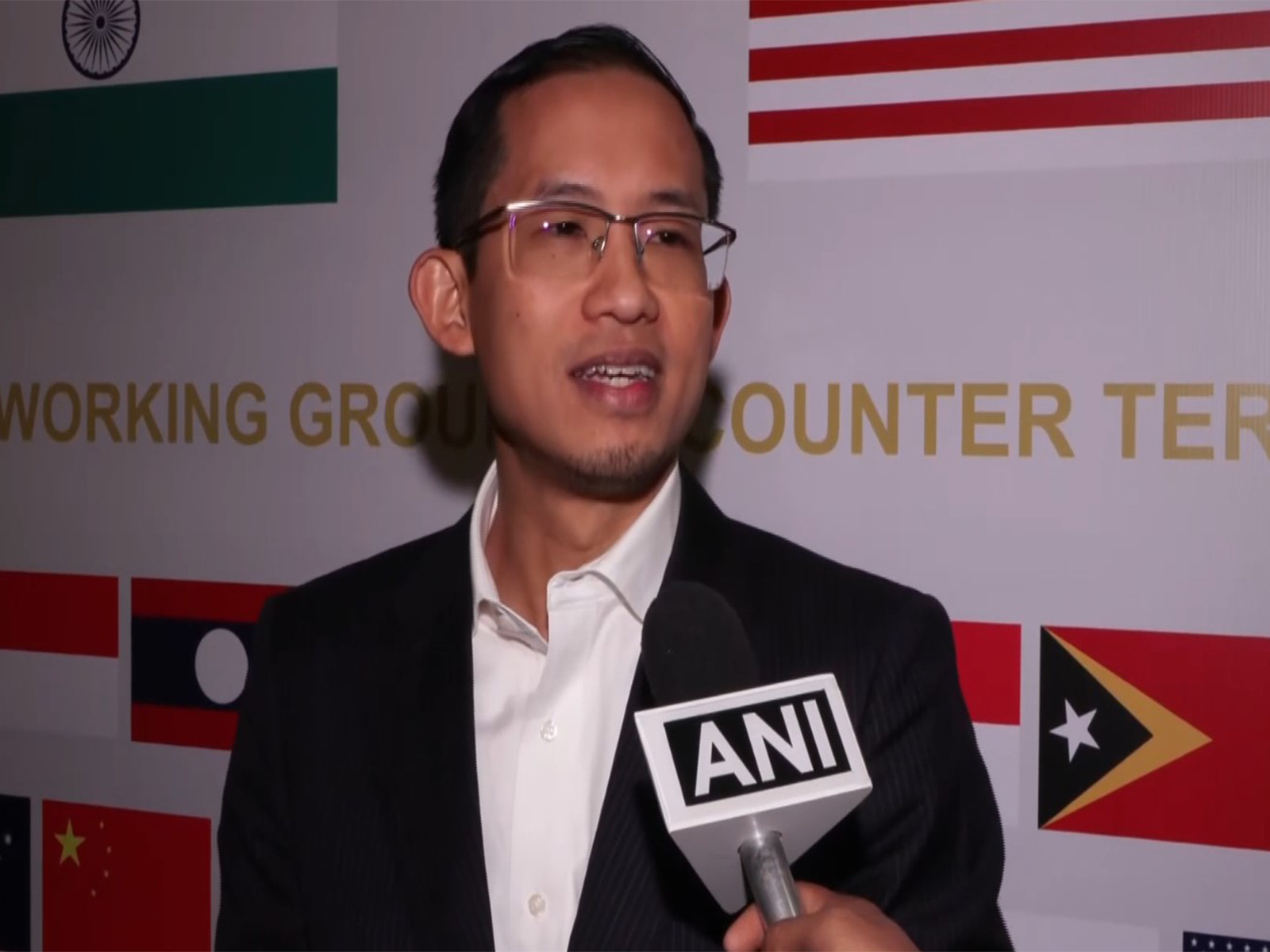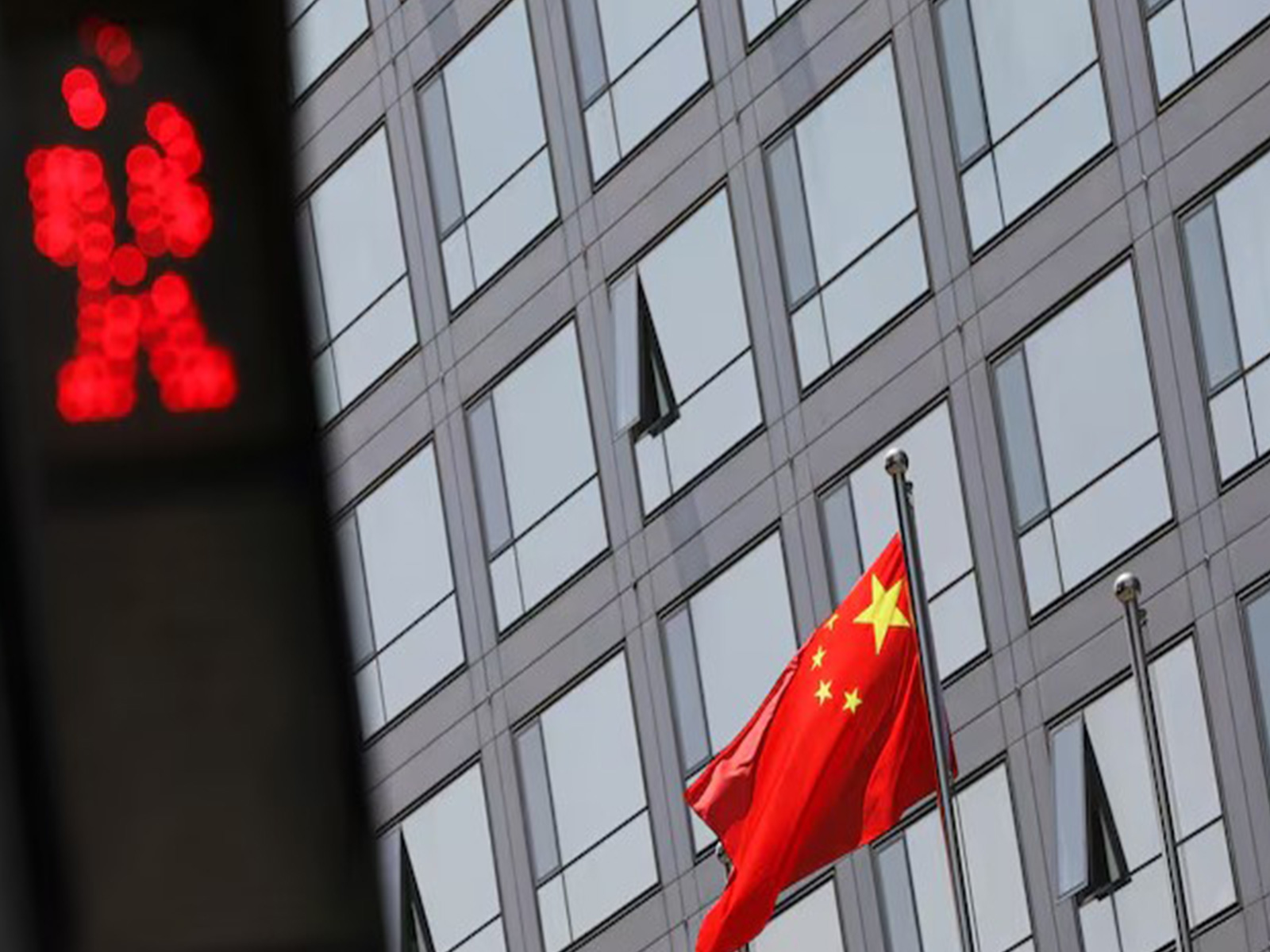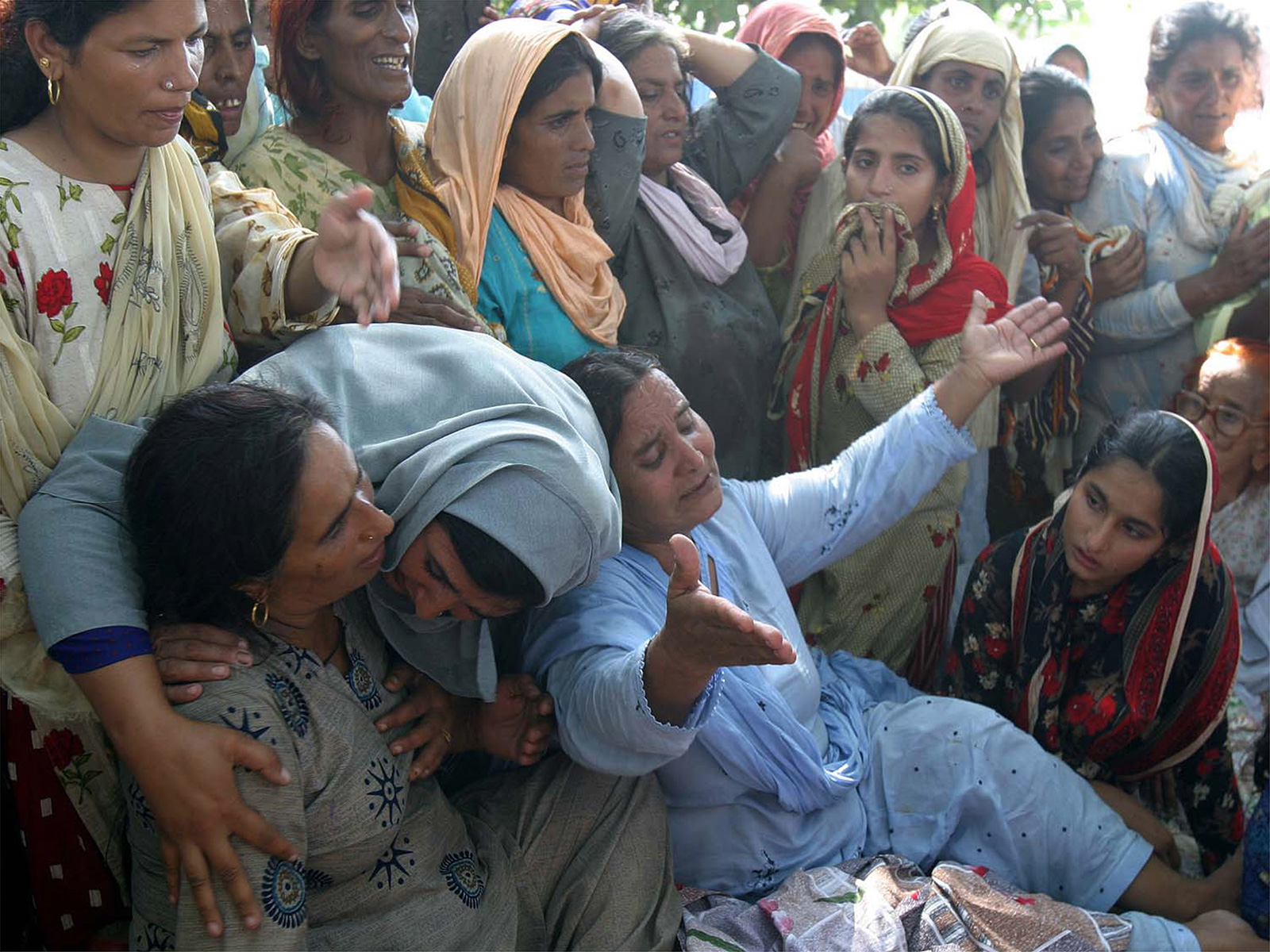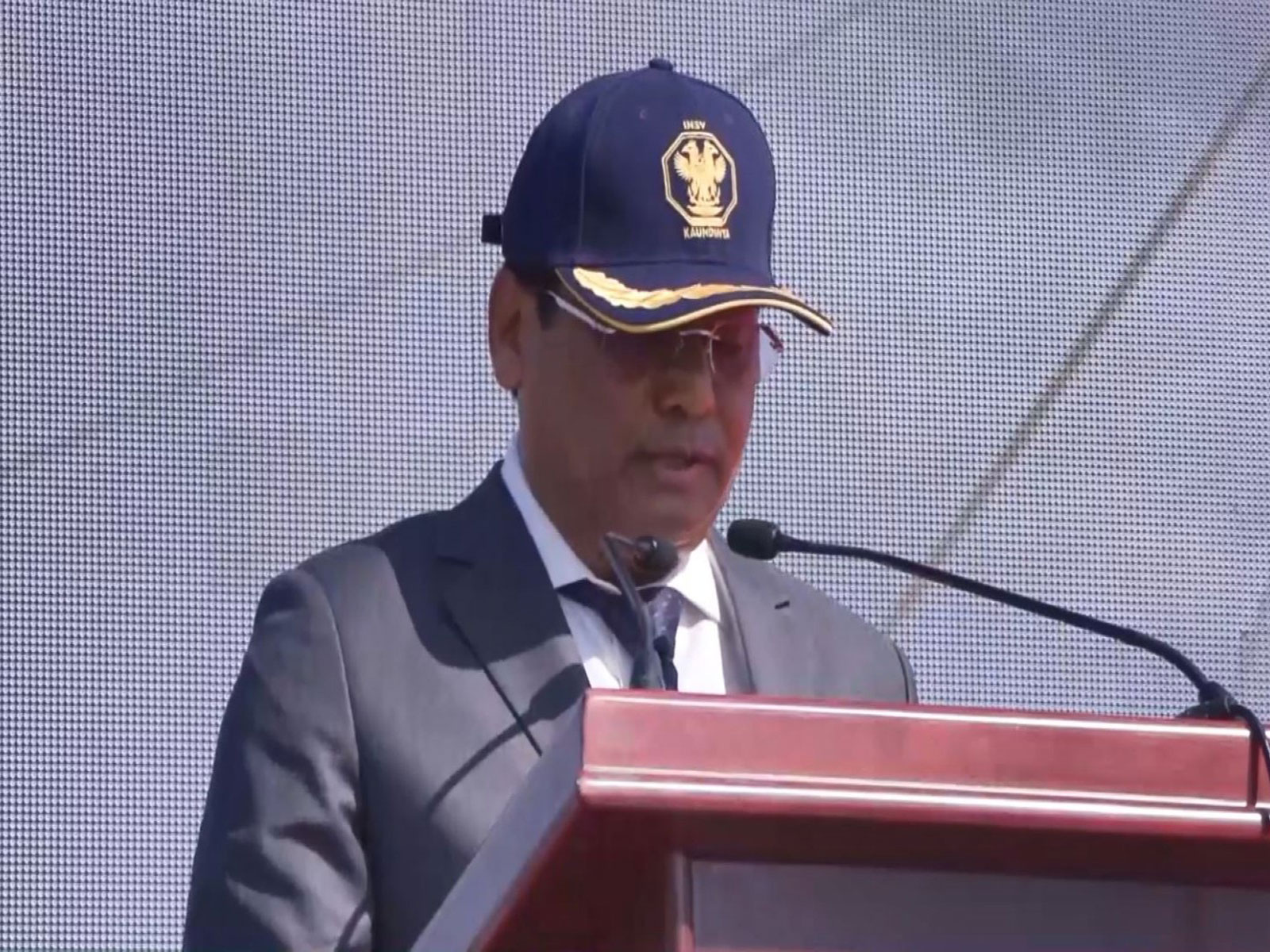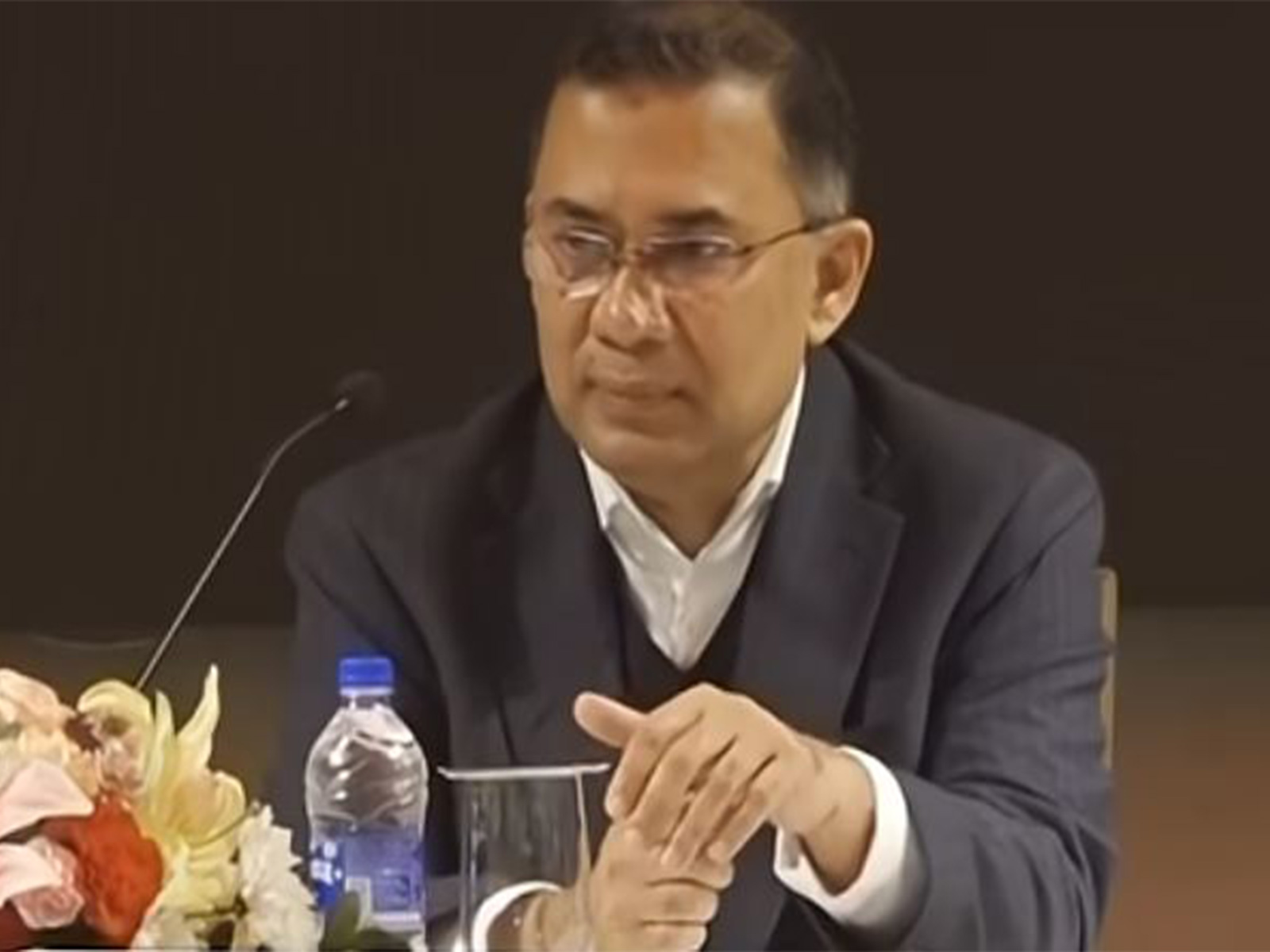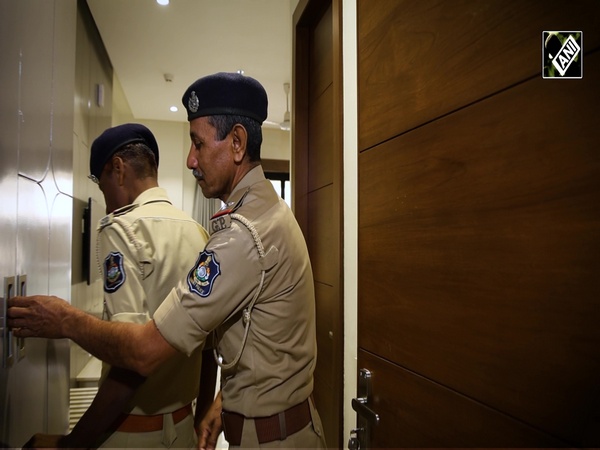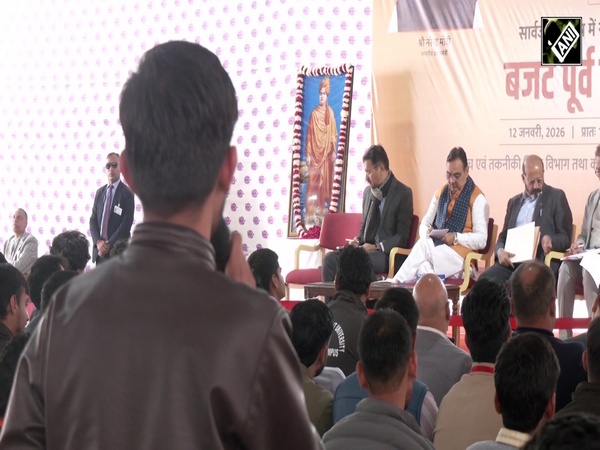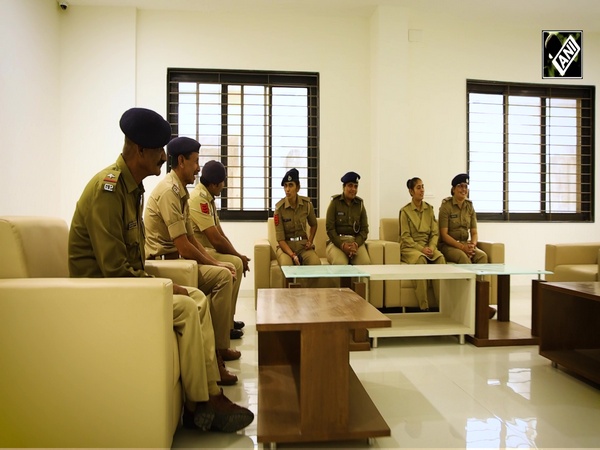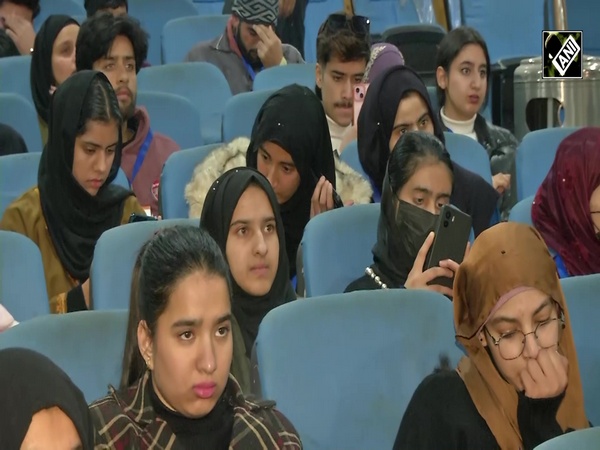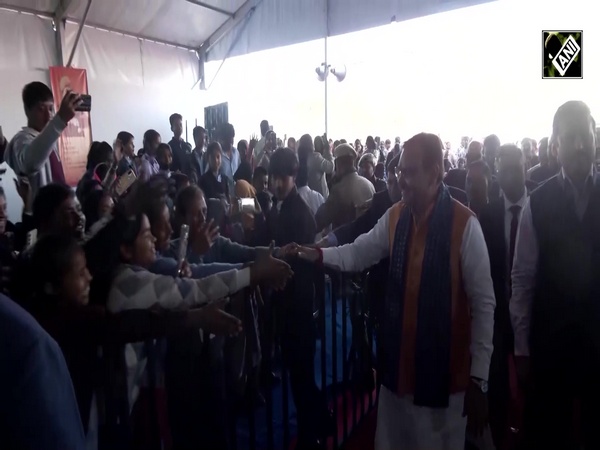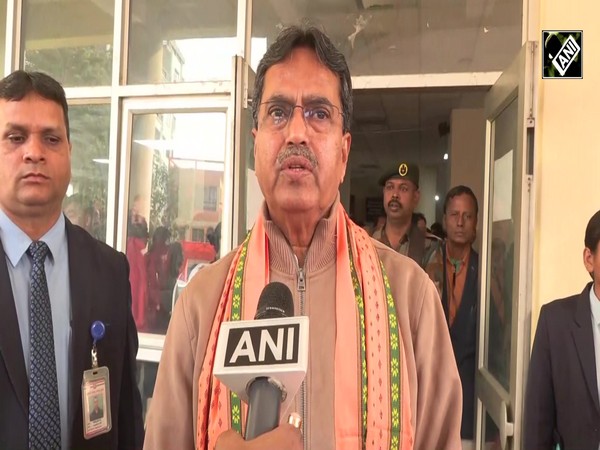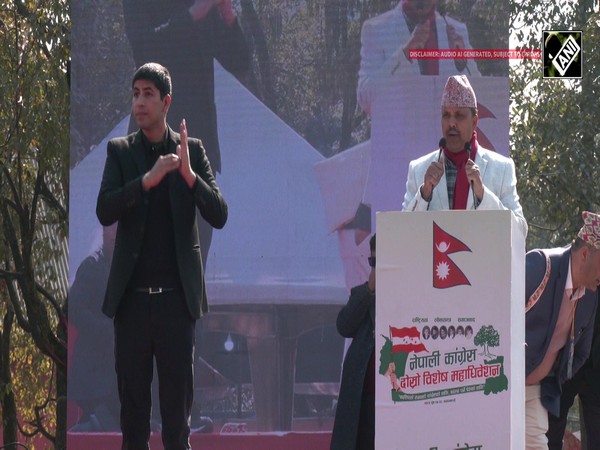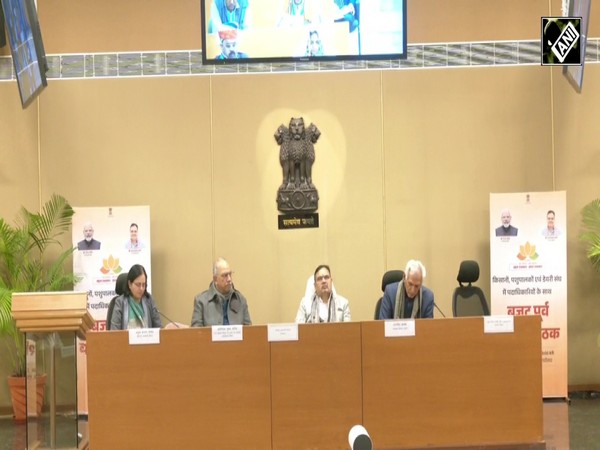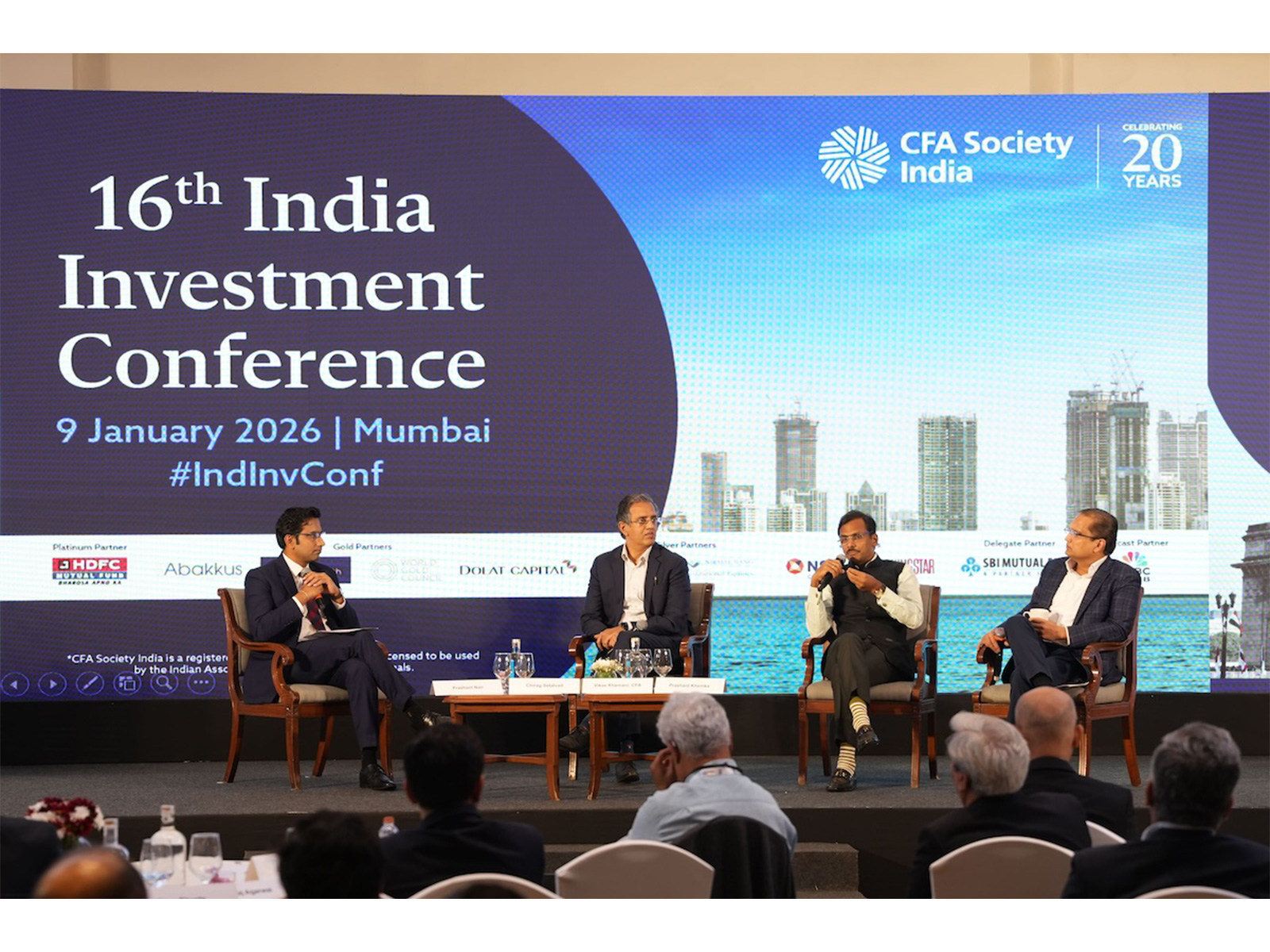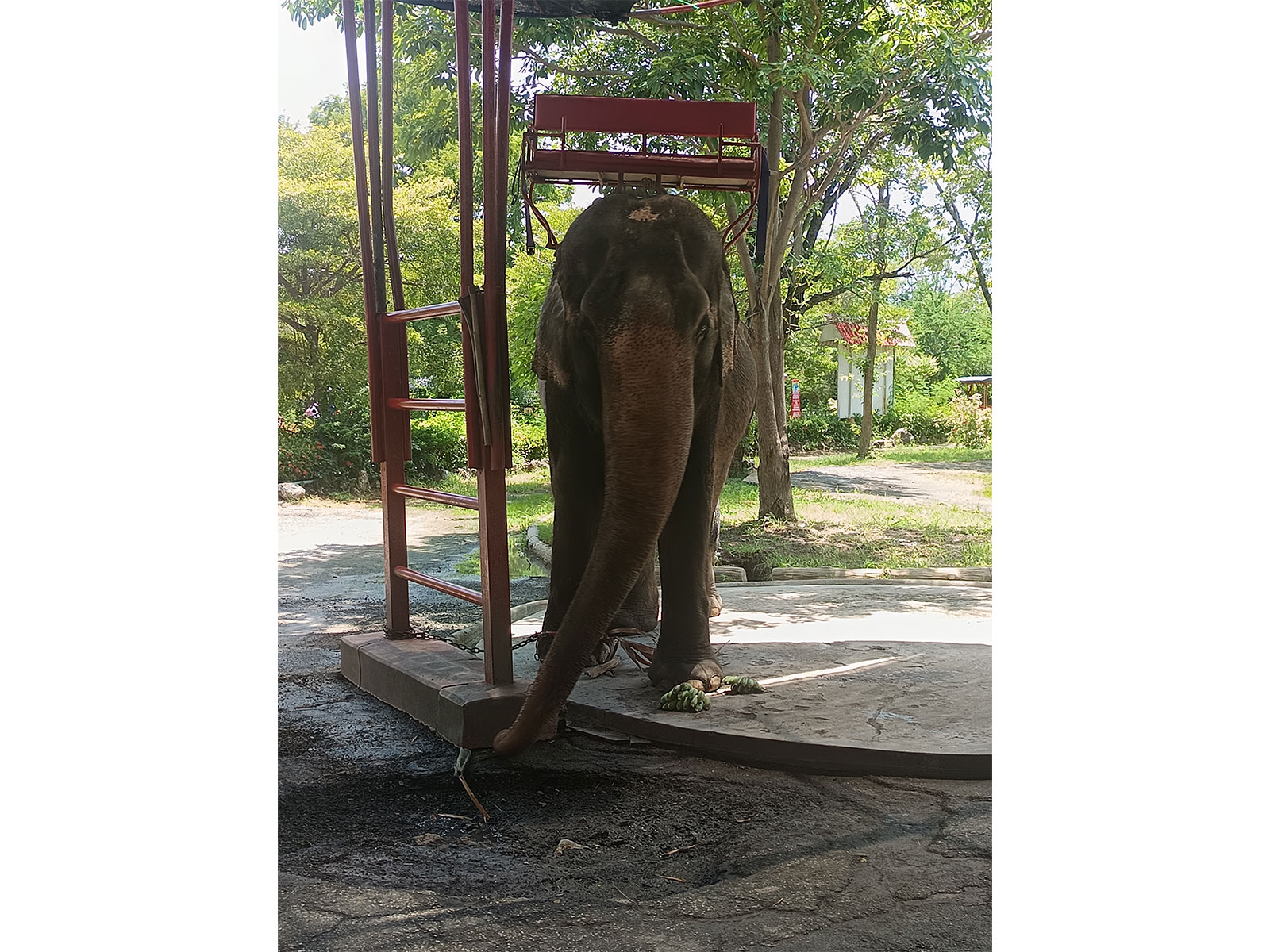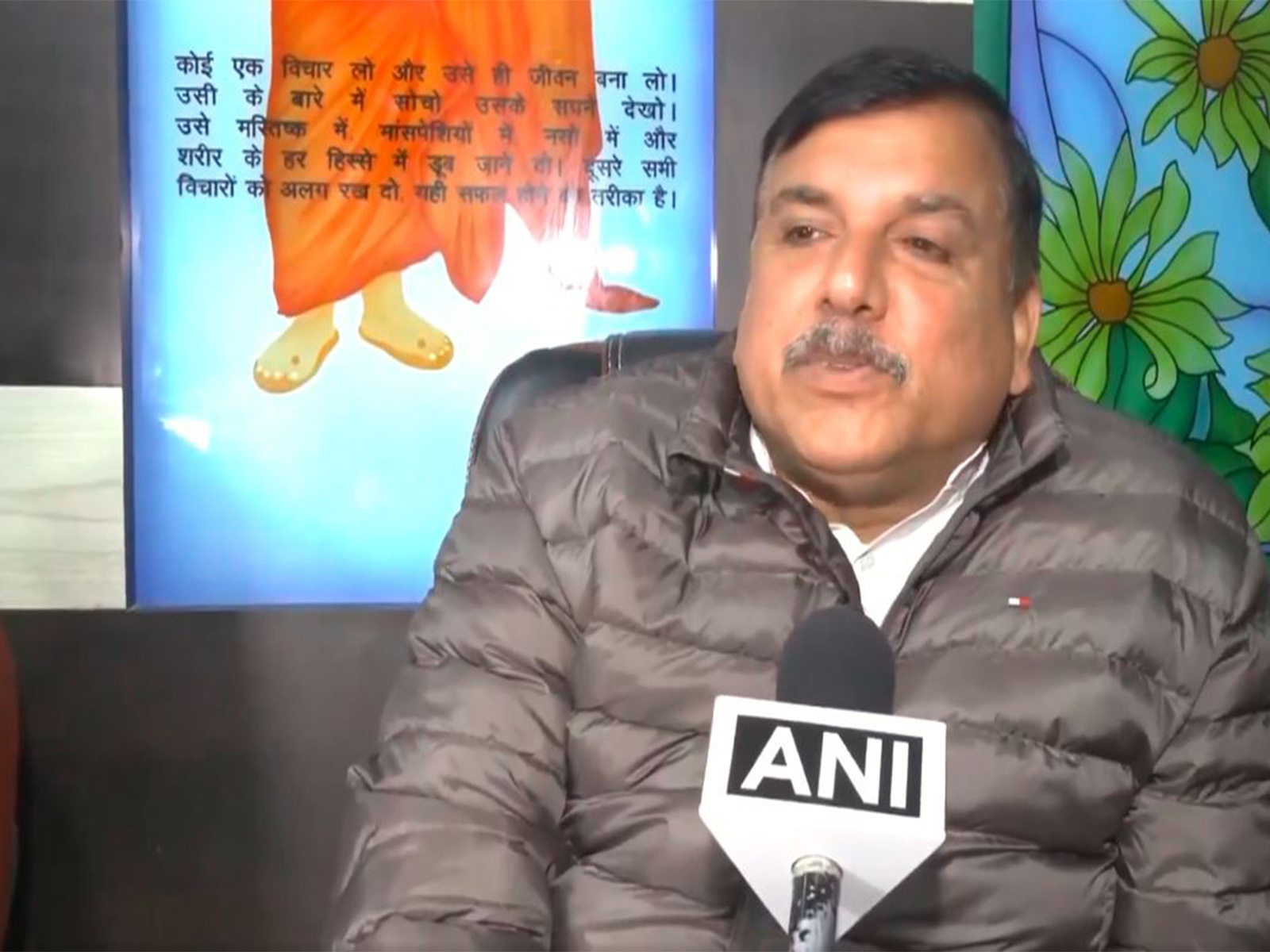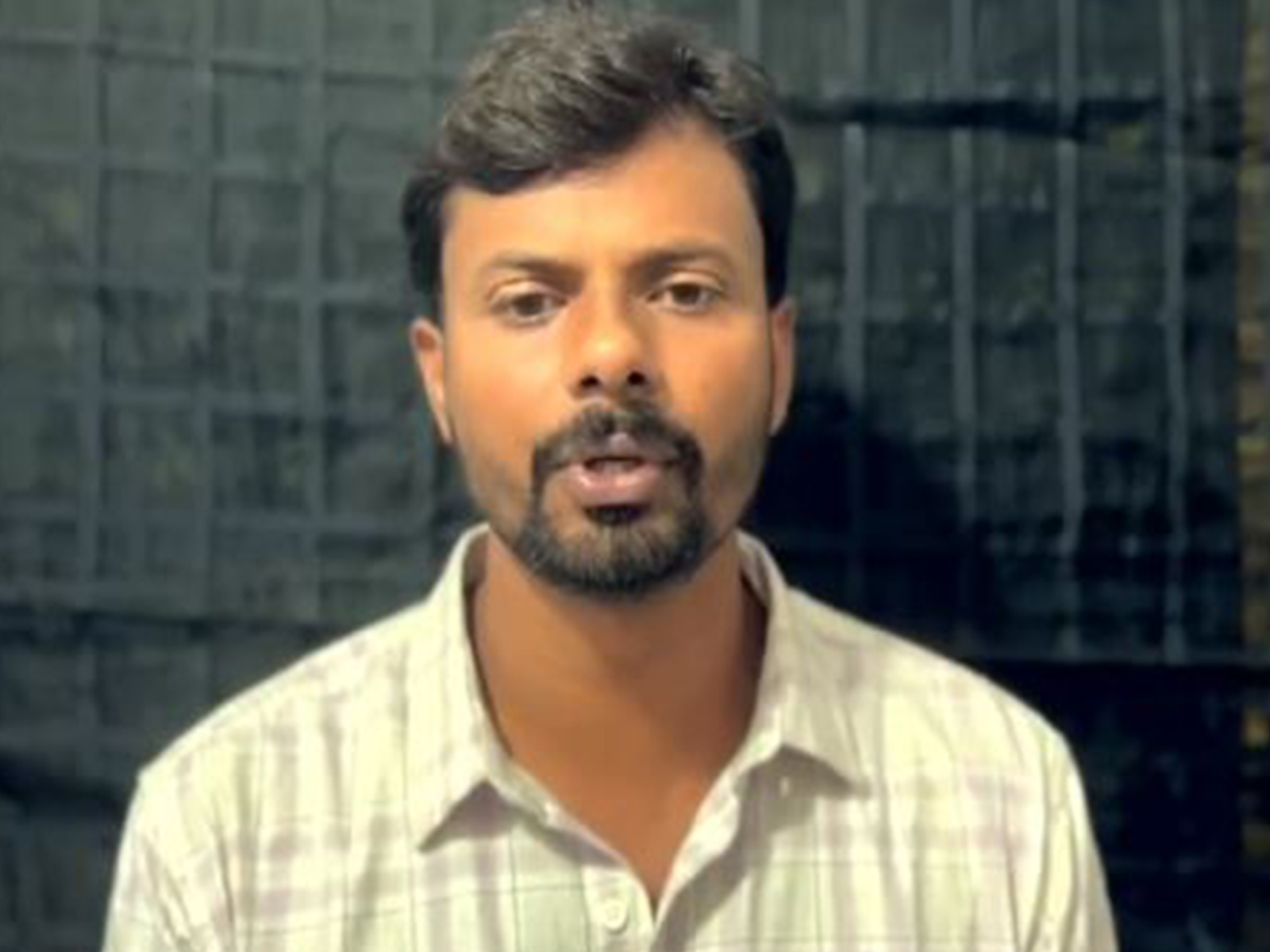
Pakistan's role in extremist violence exposed at the UNHRC
Oct 02, 2025
Geneva [Switzerland], October 2 : At the 60th session of the United Nations Human Rights Council (UNHRC), the CEO of the The ECO FAWN Society, Sai Sampath Mettu, in his oral intervention, pointed towards Pakistan and urged the international community to adopt firm measures against religious intolerance and extremist violence, while drawing attention to the recent attacks in Jammu and Kashmir.
He addressed the issue during General Debate IX on Racism, Racial Discrimination, Xenophobia, and Related Intolerance.
Mettu strongly condemned the recent terrorist strike in Pahalgam, where civilians and tourists were specifically targeted because of their faith and gender. He described the attack as "a grave violation of fundamental rights, including the right to life, freedom of movement, and freedom of religion."
Pointing to the wider implications of such acts, Mettu emphasised that these attacks were neither random nor isolated. Instead, they were part of "systematic campaigns of fear, backed by extremist propaganda, state sponsorship, and deliberate impunity."
He warned that religiously motivated violence, if left unchecked, poses a direct threat to peace, security, and communal harmony.
Invoking the spirit of the Durban Declaration, Mettu called on the UNHRC and member states to address intolerance with urgency and determination. "The silence of the world in the face of hatred only emboldens its perpetrators. There can be no lasting peace without justice, and no justice without dismantling the machinery of hate," he asserted.
The ECO FAWN Society put forward a three-point appeal to the global community: strengthen mechanisms to counter extremist ideologies and terror financing, hold accountable those who enable or sponsor such violence, and encourage interfaith dialogue and international cooperation to promote peaceful coexistence.
Reaffirming its commitment, the organisation noted that its work on human rights, peacebuilding, and environmental justice aligns with the broader goals of the United Nations. The intervention was part of its ongoing efforts to ensure that intolerance and extremism are tackled through collective global resolve.
